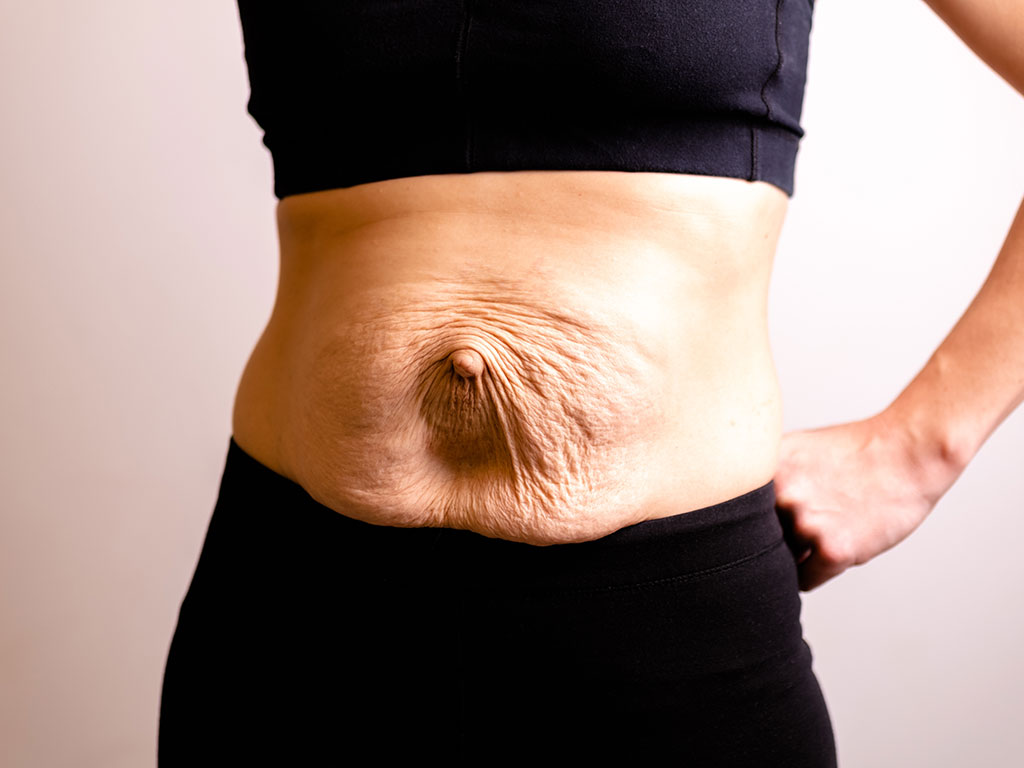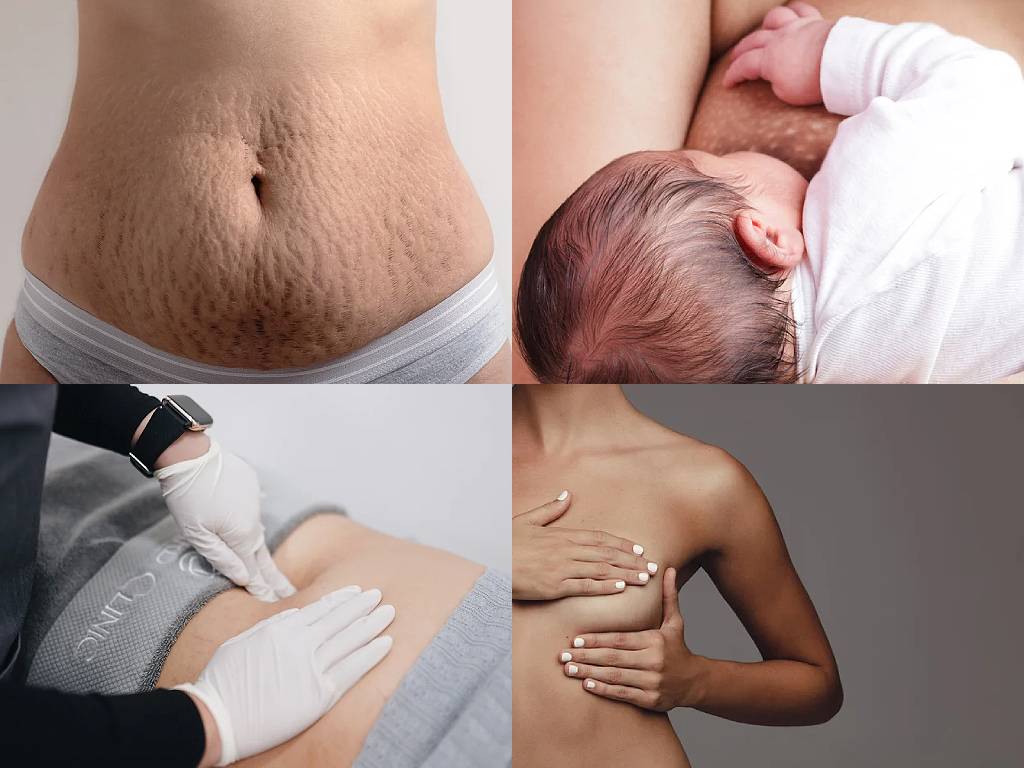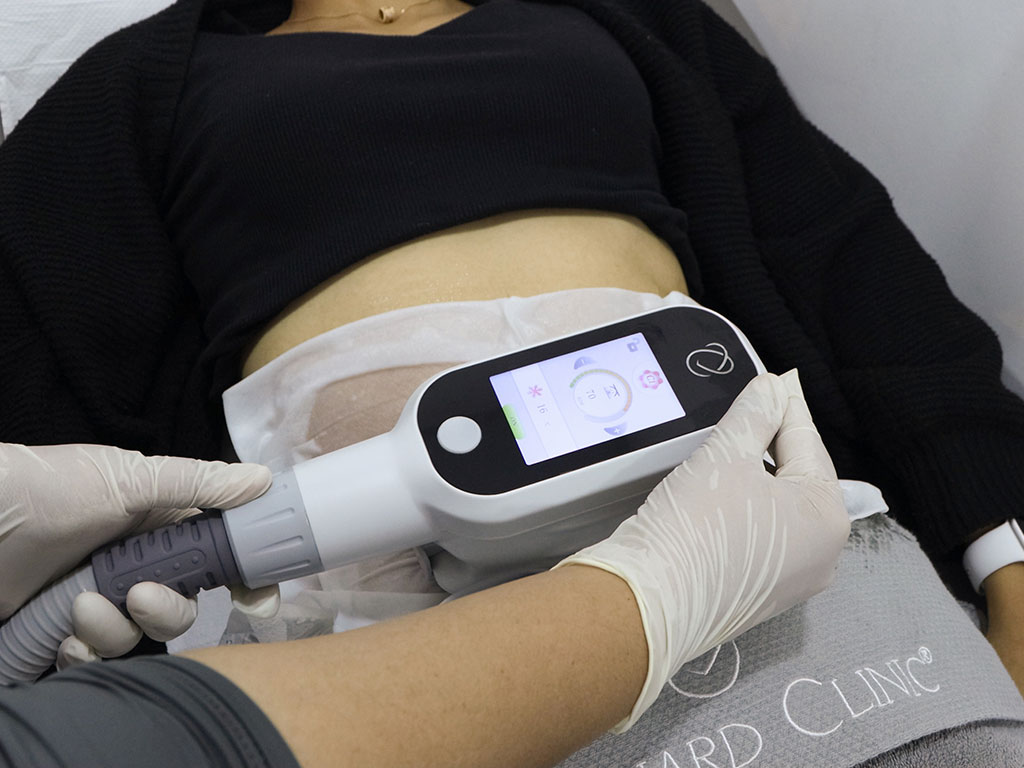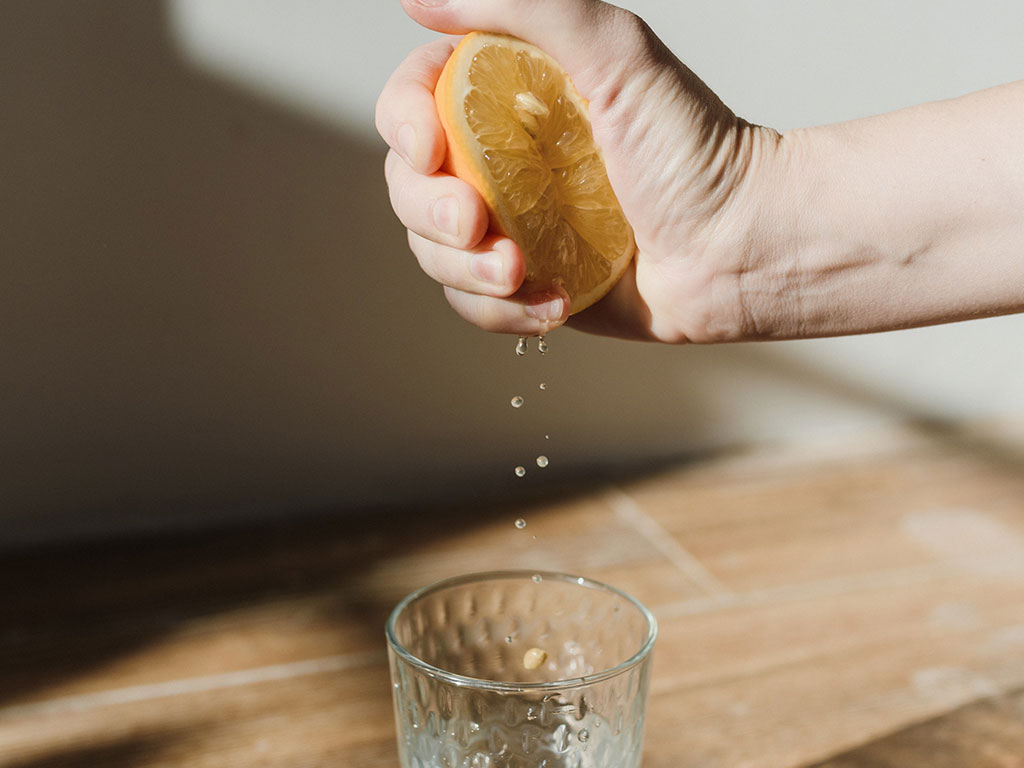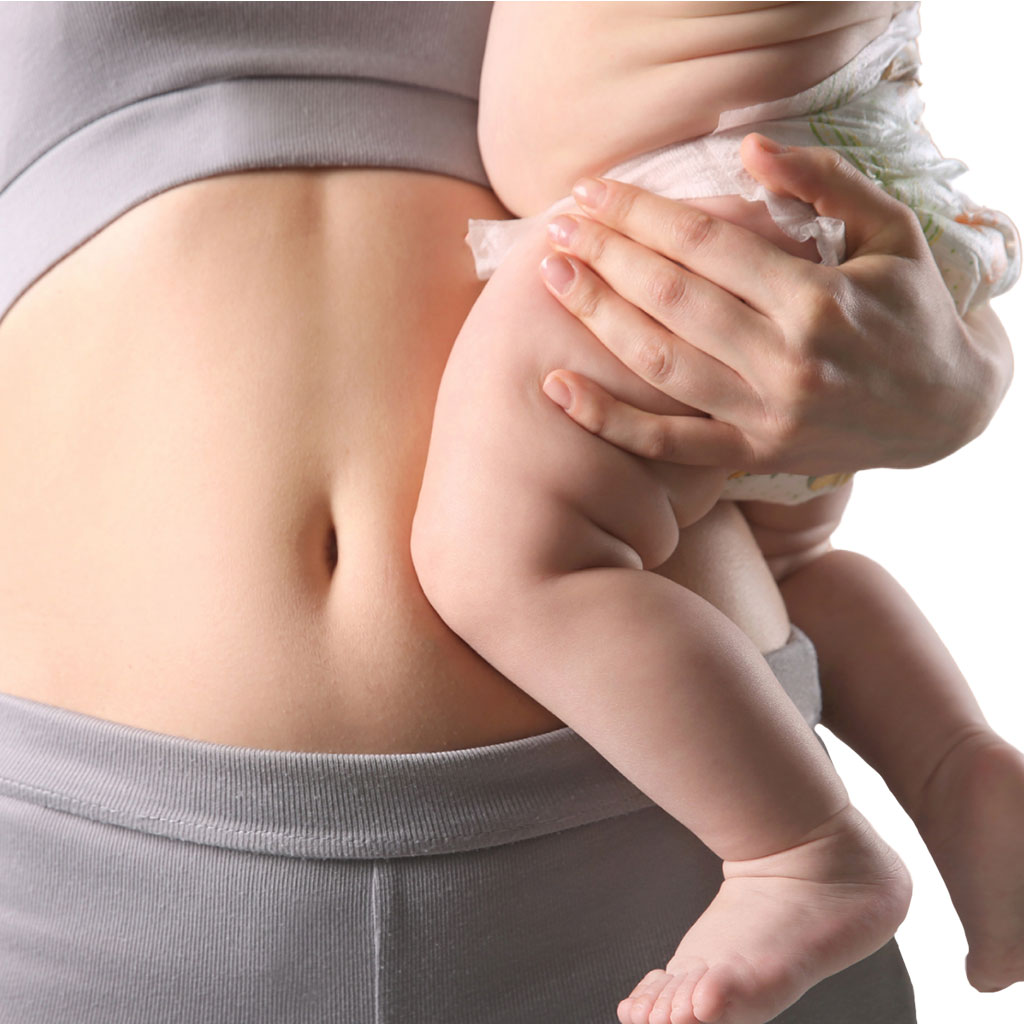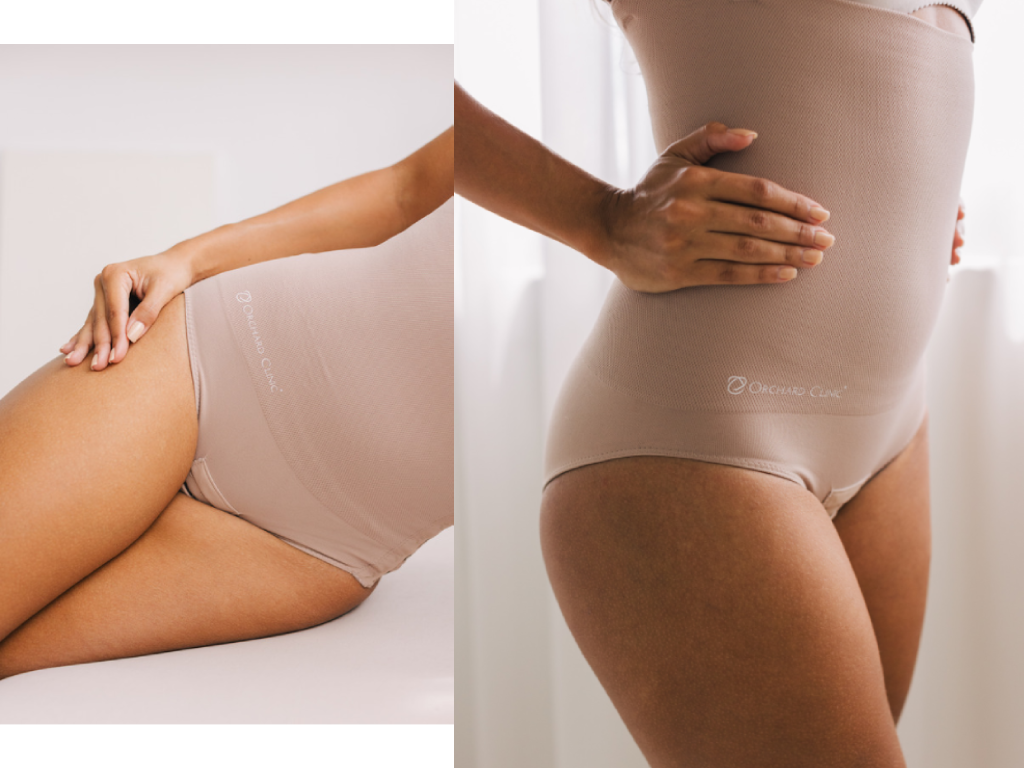Urinary
Incontinence

What is Incontinence?
Urinary Incontinence refers to weakness of bladder. This could affect anyone but females are twice as likely to suffer from incontinence as compared to males. This is due to factors such as pregnancy, childbirth and hormonal changes as women age.
This most common form of incontinence is Stress Urinary Incontinence which is urinary leakage during a sneeze, cough or during exercise.
Causes of Incontinence
Weakness of bladder could be temporary and caused by everyday habits, or persistent due to underlying medical conditions or physical problems and weak pelvic floor.
Temporary Incontinence
Diuretics such as caffeine, foods and medications may stimulate your bladder and increase your volume of urine. Urinary Incontinence may also be caused by medical conditions such as urinary tract infections.
Persistent Incontinence
Urinary Incontinence can also be a persistent condition caused by underlying physical problems or changes that weaken the pelvic floor. In these cases, consultation and assessment is recommended.

Risk Factors & Complications
Urinary Incontinence can be a persistent condition caused by a weak pelvic floor or other medical conditions. These include:
- Pregnancy
Hormonal changes and the increased pressure and weight of the foetus can lead to Stress Urinary Incontinence (SUI). - Childbirth
Vaginal delivery could weaken muscles needed for bladder control and may also damage bladder nerves and supportive tissue. - Pelvic Organ Prolapse
With a dropped (prolapsed) pelvic floor, the bladder, uterus or rectum could get pushed down from the usual position and protrude into the vagina. This is often associated with Incontinence. - Changes with age
Weakening of the bladder muscle and pelvic floor often happens with age. - Menopause
After menopause women produce less estrogen, a hormone that helps keep the lining of the bladder and urethra healthy. - Hysterectomy
The bladder and uterus are supported by the pelvic floor. Any surgery that involves a woman’s reproductive system, including removal of the uterus, may damage the supporting pelvic floor muscles, which can lead to Incontinence.

Pelvic Floor & Incontinence
Urinary incontinence that is persistent and not due to any pre-existing medical condition is generally due to a weak pelvic floor. The pelvic floor muscles support the bladder (as well as the uterus and rectum), and when weakened, is unable to support bladder control.
Common signs include:
- Urinary leakage during a cough, sneeze or physical activity (e.g. jumping, running)
- Frequent and uncontrollable urge to urinate
- Inability to support good bladder control
Strengthening the pelvic floor is a first step towards recovery. This is why pelvic floor and Kegel exercises are always recommended before and after pregnancy and menopause.
However, these exercises must be done correctly and consistently in order to see results. Proper engagement of the pelvic floor is crucial towards a full recovery.
Chat with us
Discovering the right path to wellness should be a gentle and reassuring process. At Orchard Clinic, we ensure our fees and prices are fully transparent to ensure a comfortable journey with us.
FAQ about Incontinence
Can it go away on its own?
Incontinence or weakness of bladder is due to a weak pelvic floor and it will not go away on its own if the pelvic floor is not strengthened. In some cases, doing Kegel or pelvic floor exercises are sufficient to recover from incontinence.
Can I prevent incontinence?
Ensuring the pelvic floor is well toned is a good way to prevent incontinence due to pregnancy, childbirth or menopause.
What if I only have urinary incontinence occasionally?
The pelvic floor should be able to support good bladder control such that there is no urinary leakage at all. An occasional leak is a sign that the pelvic floor is too weak to support the pelvic organs.
What can I do to manage incontinence?
Hygiene pads for incontinence are often used in the management of incontinence. However, this should not be used as a long term solution.

You might also be interested in
Make an appointment
Orchard
302 Orchard Road, Tong Building
#06-03 Singapore 238862
| Mon, Wed, Fri, Sat | 9:00AM – 6:00PM |
| Tue & Thu | 9:00AM – 8:00PM |
| Sun & PH | Closed |
Parkway Parade
80 Marine Parade Road, Parkway Parade Office Tower
#08-04 Singapore 449269
| Mon, Wed, Thu, Fri, Sat | 9:00AM – 6:00PM |
| Tue | 9:00AM – 8:00PM |
| Sun & PH | Closed |
Bukit Timah
1 Fifth Avenue, Guthrie House
#02-04 Singapore 268802
| Mon to Sat | 9:00AM – 6:00PM |
| Sun & PH | Closed |
Copyright © 2024 Orchard Clinic. All Rights Reserved. Privacy Policy | Sitemap
